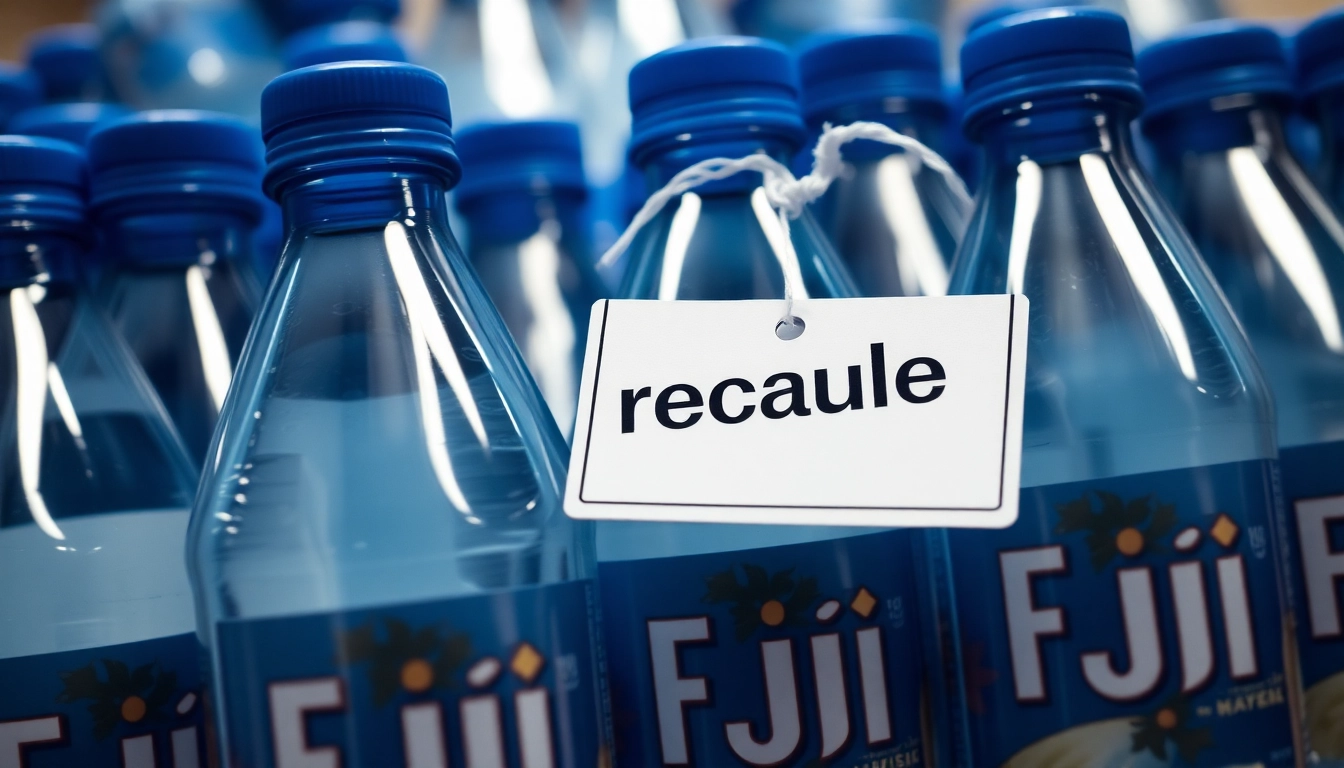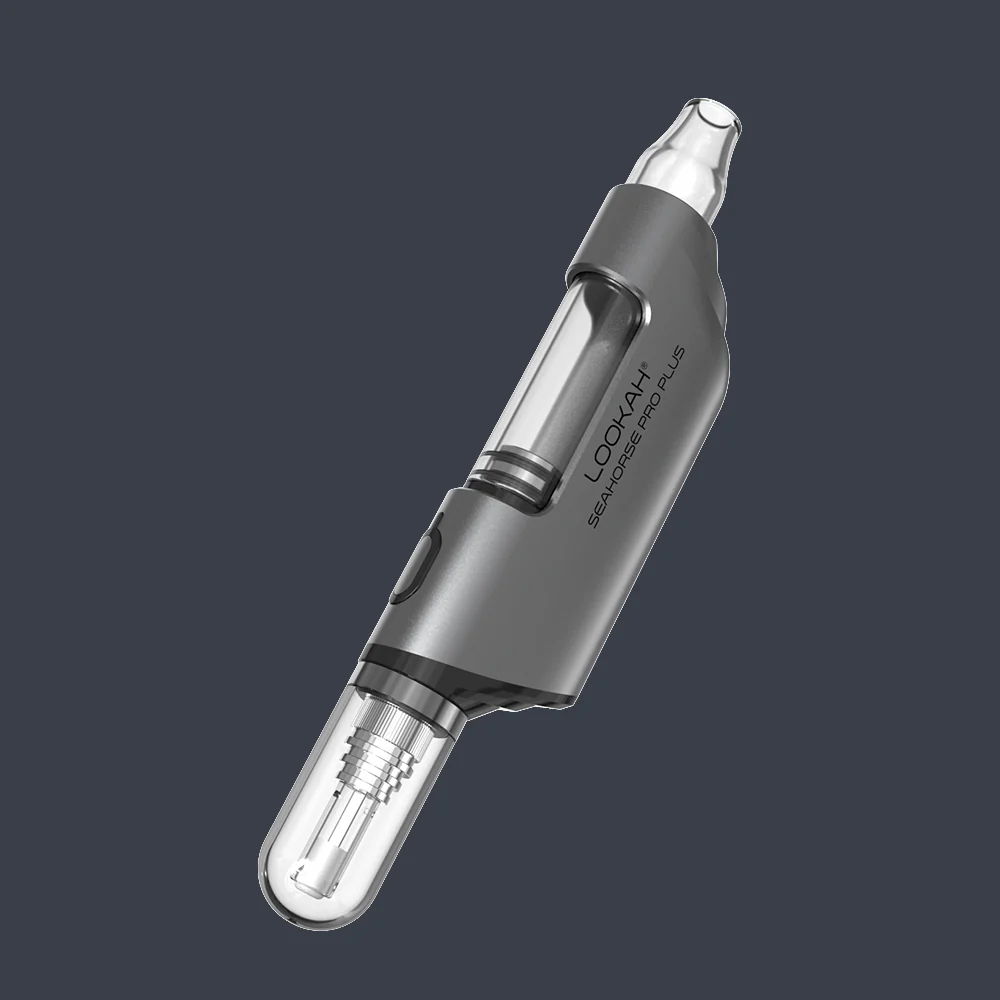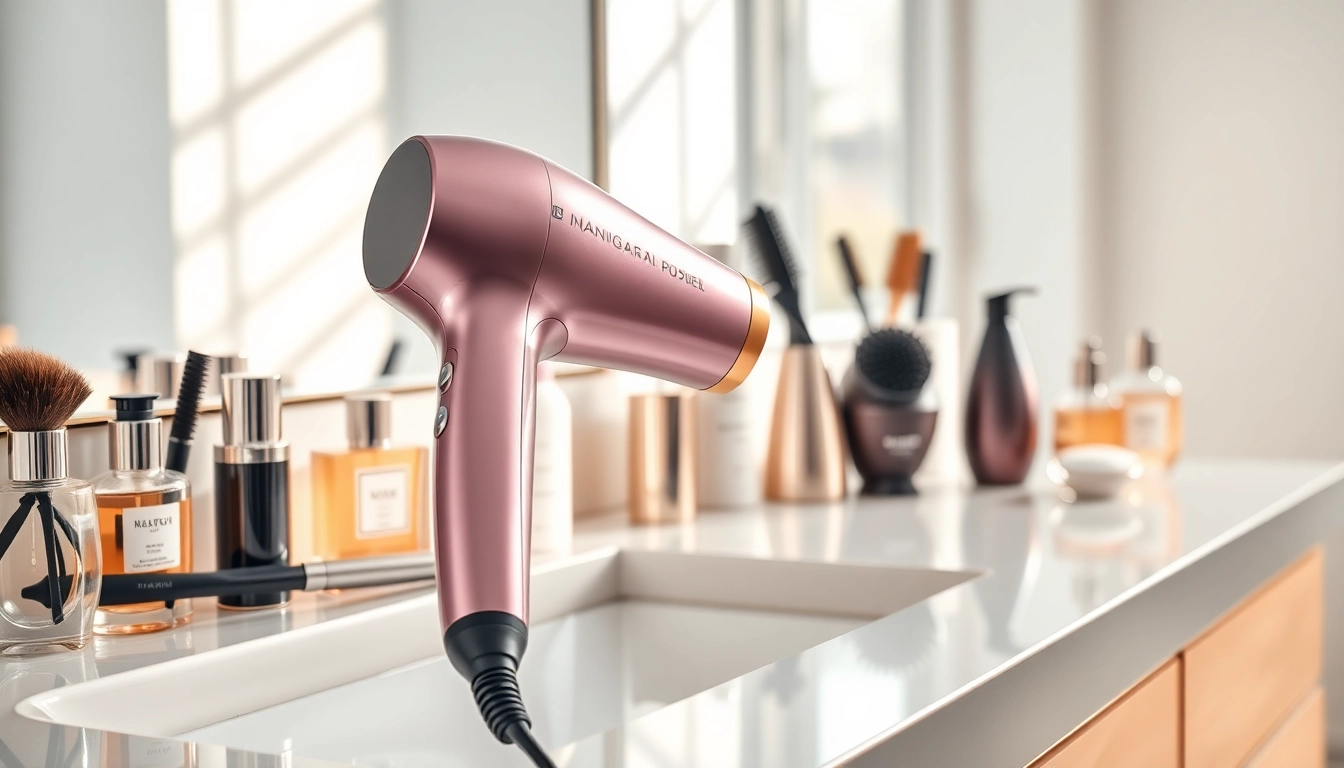
Understanding the Fiji Water Recall
In a significant development for bottled water consumers, the U.S. Food and Drug Administration (FDA) announced on May 23, 2024, the recall of 78,533 cases of Fiji Natural Artesian Water—equivalent to about 1.9 million individual bottles. This recall was classified as a Class III recall, indicating a situation where the product may not present a risk of serious adverse health consequences, but might still cause temporary or medically reversible health effects. The affected Fiji water bottles were primarily sold online, including major retail platforms such as fiji water bottles recalled via Amazon.com. Understanding the underlying causes and implications of this recall is crucial for consumers and retailers alike.
What Led to the Recall?
The recall was initiated due to concerns regarding potential contamination of the bottled water with manganese and certain bacteria. These pollutants were identified through routine testing that exceeded acceptable limits set by health authorities. Manganese, while a commonly found mineral in water, can be harmful in excessive amounts, possibly leading to neurological issues over prolonged exposure. The presence of bacteria, meanwhile, raises the risk of gastrointestinal illness, particularly if pathogenic strains are involved. Such contamination, particularly in a beloved brand like Fiji Water, led to immediate action from the manufacturer, Natural Waters of Viti Limited.
Details of the Recalled Bottles
The recall specifically affects Fiji 500 mL bottles, commonly packaged in cases of 24. The affected batches had been distributed across various online platforms from late March 2024 through May 2024. Consumers are advised to check the label of their bottled water for a recall notice or specific batch numbers listed in the FDA’s public announcements. In total, nearly 1.9 million bottles are believed to be in circulation, making this one of the most substantial recalls in the bottled water industry regarding health safety. This recall highlights the necessity for stringent quality control and monitoring processes within the beverage industry to protect public health.
Implications for Consumers
For consumers, the implications of this recall are manifold. Firstly, those who have purchased the recalled Fiji bottles should immediately stop consumption and check for recall notices or batch numbers provided via the FDA’s website or reputable news sources. For many, the emotional connection to a brand can complicate perceptions of safety; however, this recall reinforces the vital need for consumer vigilance regarding product safety. Furthermore, public awareness of such recalls can impact brand loyalty, turning attention toward transparency and quality assurance standards.
Safety Concerns with Fiji Water
Health Risks Associated with Contamination
The contamination of bottled water—particularly by manganese and bacteria—presents a serious health risk. Manganese is essential in trace amounts for human health; however, levels exceeding the recommended guidelines can lead to toxicity, resulting in symptoms such as headaches, muscle pain, and in extreme cases, neurological disorders. Bacterial contamination can lead to more immediate concerns, such as nausea, vomiting, diarrhea, and abdominal cramps. Vulnerable populations, including children, the elderly, and immunocompromised individuals, are at increased risk and may experience heightened symptoms from exposure to contaminated water.
Understanding Manganese and Bacterial Presence
Manganese naturally occurs in surface and groundwater sources; however, industrial activities can increase its concentration, especially near mining operations or areas with high industrial runoff. While drinking water standards set by the Environmental Protection Agency (EPA) regulate manganese content, varying local standards can lead to inconsistencies that affect bottled water brands. The presence of bacteria, particularly coliform bacteria, is a critical red flag for water safety. It indicates contamination by fecal material, which can harbor pathogenic microorganisms that endanger human health.
What Consumers Should Know About Water Safety
When considering water safety, consumers should always stay informed about local water quality reports and recalls. Awareness of recall notices, such as the latest one from Fiji Water, can protect consumers from potential health hazards. Choosing bottled water brands that employ rigorous testing protocols and full transparency in their production processes can significantly mitigate risks associated with contamination. Additionally, consumers should not hesitate to contact manufacturers directly with inquiries about safety tests and the quality of their products.
How to Respond to the Recall
Checking Your Fiji Water Stock
To ensure safety, consumers should carefully inspect their Fiji Water stock. Those who purchased the water online should double-check their orders against the recall information provided by the FDA. Look for the specific batch numbers provided in official notices and check the packaging for compliance with the recall advisement. If your stock is affected, immediately stop consumption.
Returning Recalled Products
Consumers with recalled Fiji Water products can return them to their point of purchase for a refund or exchange. Many retailers have implemented easy return policies in light of safety concerns. Make sure to retain your receipt as proof of purchase to facilitate the return process.
Staying Informed on Future Recalls
Consumers should consider signing up for recall alerts from the FDA or following their food safety notifications online. Proactively staying informed about product recalls across various categories will enhance consumer knowledge and safety, allowing timely responses to any potential health risks. Engaging with topics such as bottled water safety on social media can also provide immediate updates and foster discussions around brand accountability.
Comparing Fiji Water with Other Brands
Brand Reputation and Recall History
Fiji Water has enjoyed strong brand loyalty in the bottled water market; however, this recall raises questions about the company’s quality assurance measures. Comparing Fiji Water to other leading brands, such as Evian and Perrier, highlights the disparities in recall histories. Evian faced a minor recall in 2019, emphasizing the significance of proactive quality controls. Understanding recall histories can influence consumers’ choices and expectations when it comes to product safety.
Alternatives to Consider After the Recall
In light of the Fiji recall, consumers may want to explore alternative bottled water brands that prioritize safety. Brands such as Smartwater or Dasani are often recognized for rigorous testing and transparency. Additionally, consumers might also consider sourcing local brands that provide purified or mineralized options available in refillable containers, thus reducing plastic waste while maintaining excellent safety standards.
Consumer Preferences in Bottled Water
Consumer preferences in bottled water are increasingly leaning toward brands promoting sustainable packaging and transparent sourcing. Millennials and Gen Z, in particular, are more inclined to support brands that prioritize environmental responsibility and ethical practices. Awareness discussions sparked by recalls contribute to evolving consumer demands in the bottled water market, pressuring brands like Fiji Water to align with contemporary values and expectations.
Future of Fiji Water Post-Recall
Brands Taking Action for Consumer Safety
In the aftermath of the recall, Fiji Water has the opportunity to enhance their safety protocols and restore consumer trust. It is essential for the brand to communicate openly about the steps being taken to resolve the issues that led to the recall, such as investing in better quality control measures and educating consumers on their processes. Brands that actively engage with their consumers, addressing concerns and demonstrating improvements, can rebound successfully post-recall.
Effect on Fiji Water Sales and Market Position
The recall may initially impact Fiji Water’s sales and market position, particularly among discerning consumers who closely monitor product safety. However, with strategic communication and swift action to address the issues that led to the recall, Fiji Water has the potential to recover lost ground. Retailers may also implement temporary discounts or promotions on unaffected Fiji Water products to encourage customer goodwill amid concerns.
Steps for Improved Quality Assurance
For Fiji Water to regain consumer confidence, implementing comprehensive strategies for improved quality assurance is paramount. This may involve enhanced microbiological testing, regular audits of the manufacturing processes, and transparency initiatives to keep consumers informed about product quality. Collaborating with third-party testing organizations can provide added credibility and assurance to consumers regarding product safety, ultimately strengthening brand loyalty.







